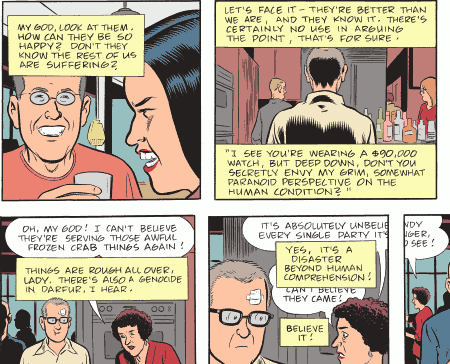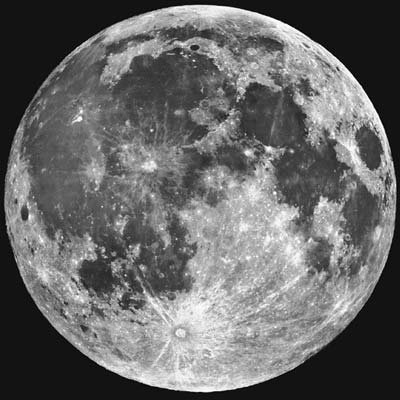'a music that embraces everything in life'
Monsieur Linh And His Child
by Philippe Claudel
This novel is the third in a loose thematic trilogy written by Claudel about the impact and aftermath of war. The second part, Broderick's Report, won the Independent Foreign Fiction Prize last year and I have yet to read a review, or encounter a reader who is less than totally gushing about it. However, when this latest arrived I didn't have a copy of Broderick's Report and decided that the looseness of the link between each book would make it OK for me to read them in any order. This is more a novella really, weighing in at 130 pages, and is written in the kind of spare prose that I enjoyed so much in Gerbrand Bakker's The Twin. It seems to me to be particularly well suited to a story of buried trauma. Having finished it I immediately got hold of a copy of the book that preceded it and it that turns out to be as good as everyone says then I may well go back to his debut novel Grey Souls but let's concern ourselves with this latest for the moment.
An old man is standing on the after-deck of a ship. In his arms he clasps a flimsy suitcase and a newborn baby, even lighter than the suitcase. The old man's name is Monsieur Linh. He is the only person who knows this is his name because all those who once knew it are dead.
It's the kind of opening paragraph that tells you enough to feel immediately part of the story and seems to hold back so much that you can't wait to find out more. The old man is Monsieur Linh, a refugee from South-East Asia who has left his own war-torn country after the death of his son and daughter-in-law to make a new life in Europe for himself and that newborn grand-daughter Sang diu. 'Thousands of days away from a life that was once beautiful and delightful' Monsieur Linh is adrift in a busy French city where everything is alien, even the food.
The soup is like the air of the city that he breathed in as he left the ship. It does not really have any smell, not really any taste. There is nothing familiar about it. There is none of the delicious tang of lemongrass, the sweetness of fresh coriander, the smoothness of cooked tripe. The soup enters his mouth and passes into his body, and he is suddenly filled with all the strangeness of his new life.
Then one day he happens to meet a man on a park bench, Monsieur Bark. Though they don't share a language they somehow manage to communicate, sensing what the other means, with plenty of humour along the way for us as we can witness the small misunderstandings which mean that Bark thinks that Monsieur Linh's first greeting is actually his name, and Linh's only grasp of French is the word for 'Good-day.'
From now on, as soon as he wakes up, the old man looks forward to the moment when he will go to meet his friend. He refers to him as 'his friend' in his mind, because that is what he really is. The fat man has become his friend, even though Monsieur Linh does not speak his language, even though he does not understand it, even though the only word that he uses is "Good-day". It is not important. In any case, the fat man himself only knows one word of Monsieur Linh's language, and it is the same word.The relationship between these two men is beautifully drawn, each of them damaged in their own way, Linh as I have already described and Monsieur Bark a widower. They have no common language and yet look forward to their daily meetings where some form of communion is achieved. Trauma is one major theme of the book and memory is another, the two men have only memories it seems to console them and perhaps the faintest glimmer of hope in the future. In his own review Stuart Allen compared their relationship to that of the assassin and the ice-cream vendor in Wim Wenders' film Ghost Dog, which is spot on in many ways. I was also reminded of Brian Friel's genuine masterpiece of a play, Translations, which also deals with language and communication (altogether more brilliantly if I'm honest, but this is Brain Friel we're talking about). There are small stumbles like the confusion around 'Good-day' and even a misunderstanding around the name of Linh's grand-daughter ('Sans dieu...,' the man continues, 'that's a funny sort of name.') but more often than not the two men really do share some connection through their shared trauma, recognising something in the other that unites them.
He listens to the fat man's voice, this voice that is so familiar to him even if it says things he never understands. His friend's voice is deep and hoarse, it seems to be negotiating stones and enormous rocks, like the streams that gush down the mountains before reaching the valley, making itself heard, laughing, weeping at times, and talking loudly. It is a music that embraces everything in life, its caresses as well as its struggles.
I don't want to say any more about the 'plot' of this novel or its construction. I don't even want to say...no, I'm not going to say it. Read it uninformed beyond anything I've mentioned so far and you will experience the full power of Monsieur Linh's story. Leave a sufficiently enthusiastic comment below and you may even get to experience it courtesy of the publishers who have a few promo copies to give away. Read more...






















